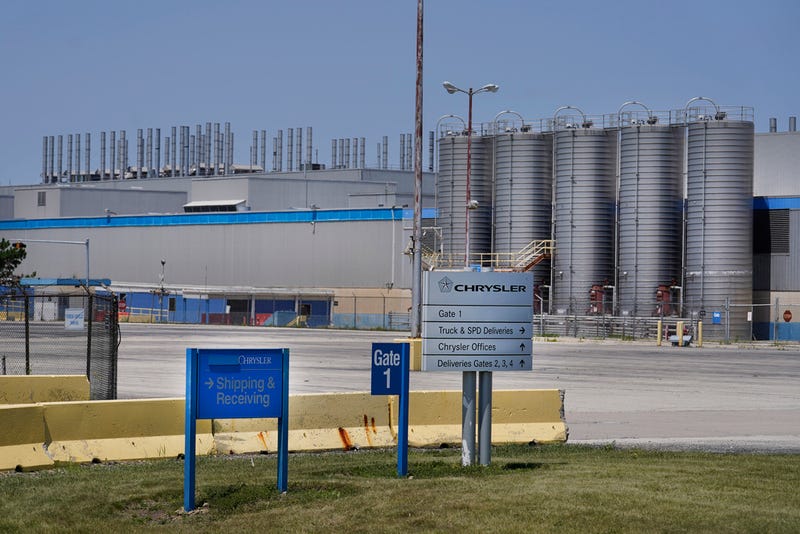
Buffalo, N.Y. (WBEN) - Members of the United Auto Workers have begun voting on whether to strike against Ford, General Motors and Stellantis, the parent company of Chrysler. Analysts say the issue is worker pay, an issue in similar contract deals reached by UPS workers and airline pilots.
Art Wheaton of the Worker Institute at Cornell says there's a potential for a strike against the big three automakers. "I think there's about a 90% chance that there will be a strike at one of the ... big three, and I would put my money on Stellantis," says Wheaton. He says there's still a significant chance of a strike at GM and also at Ford. But he puts their odds at slightly lower.
LISTEN LIVE TO WBEN:
Wheaton says the issue here is the same with other recent labor disputes: pay raises in the wake of increased inflation. "People feel they're not getting paid as the as well as the elites or the people higher up in the organization. Now that their contract is expiring on September 14, the time is now to try to make up for lost ground," says Wheaton. But he notes automakers have a challenge of their own. "The issue is they need to start dumping billions and billions and billions and developing electric vehicles and electric batteries. Even though they're making record profits. Now they are going to have to invest a significant amount of those profits towards electric vehicles, and increasing wages with dramatic wage increases hurts their profitability," explains Wheaton.
He says there are parallels to this and the recent deals reached for airline pilots and UPS workers. "UPS and the airlines and everybody seems to have recovered their profitability from COVID. But the workers have not had a chance to gain significant wage increases after the high inflation to get that money back," notes Wheaton.
Peter DeJesus of the WNY Area Labor Federation agrees. "When you have a situation to where employees have built the companies up over a period of time yet the employer doesn't recognize that value. I think, you're gonna see this type of workplace struggle," says DeJesus. "The reality is, is that the big three, over the past couple of years have seen billions in profits, yet have been very slow to give that back to those who are actually making those profits for them."
DeJesus also believes there's a very good potential for a strike unless the big three comes to terms. "The billions and profits that they've seen over the last couple of years are on the back of their hard working employees," adds DeJesus.
The UAW's contract with the Big 3 automakers expires Sept. 14.

